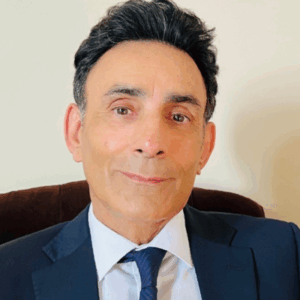

Having a personalized relapse prevention plan can help even the most chronic relapser find strength to keep their recovery going. But what does that entail? What should be included in one? How do they help? Understanding what relapse is and what you can do to prevent it can help your recovery process immensely in the long run. Recovery is possible, and part of that is having a plan in place for if you feel the desire to use again.
12>Drug addiction and 12>alcohol addiction are diseases that can only be managed, never cured. However, with proper treatment and understanding, this disease can be managed. It can go into a remission state where it is not active, but can reoccur at any time. When this happens, that is what is considered a relapse. After any length of abstinence from drugs and alcohol, when the substances are resumed, it is called a relapse. Now how can this be dangerous?
Oftentimes people who stop using drugs and alcohol feel like they can control their drinking or drug use. Then, when they take that first sip or “hit,” the beast is released all over again. This can lead to serious consequences, up to and including death. More often than not the assistance of medical professionals is needed to begin the journey to recovery again. As with any disease or illness, treatment is key to reaching a state of remission. To maintain that state of remission, an effective relapse prevention program is vital.
In simple terms, a relapse prevention plan is just that, a plan put in place to help someone stay clean and sober, even on the bad days when drugs and alcohol could seemingly take away all of their problems.
Relapse is a gradual process that tends to begin before you ever pick up the drink or the drug. Being able to identify the things that could trigger or cause a relapse, and counteracting them by implementing healthy alternatives into your life is essentially what a relapse prevention plan is. A written and documented plan put together with the help of a professional or someone who has long term recovery and experience with the subject that can help you to make a better choice when it comes to fighting off the desire to use again.
Relapse prevention plans should be individualized from person to person. Recovery is not linear and not everyone has the same process. However, the following are some general components that could help those seeking recovery to have an outline for a successful plan.
For a relapse prevention plan to be successful, the need to be completely honest and open about things that can trigger a relapse is crucial. Pointing these things out to yourself as well as another person can help to hold you accountable in order to stay away from triggering situations. Simply, anything that could potentially put your recovery at risk, and lead you back to drugs and alcohol, should be considered a trigger.
Cravings are the feelings of the desire to use. So when you pass a bar and want to go in for a drink, or are having a bad day and think that using drugs or alcohol would make it better, these are cravings. Sometimes they are more severe than other times. Managing them is key to making it through them.
Having the support of professionals as in individual therapy, as well as the support of others in recovery, is highly recommended. Access to support groups like those of a 12-Step program help provide accountability to and from people who understand the recovery process.
This is one of the most important parts of having a successful relapse prevention program. Changing the people, places, and things of the past will help you on the road to a better life. Stay away from using and drinking buddies, places where drugs and alcohol are rampant, and the things that led to your drinking and drugging, remove them from your life.
Having small attainable goals in the beginning can help to build confidence. Once the smaller goals are achieved, set bigger ones. Not only does it give you something to work toward, but when you reach your goal, it feels good.
Have a person you can turn to if you do use again. Tell them that you relapsed, and that you need to put the plan into action.
Relapse is not a requirement for recovery, but it does happen. If you or a loved one have experienced a relapse and need help getting back on track, there is help out there. At Louisville Addiction Center, we strive to provide a safe and healing environment for those in our care. 12>Contact us today to begin the next chapter in your life.


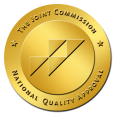
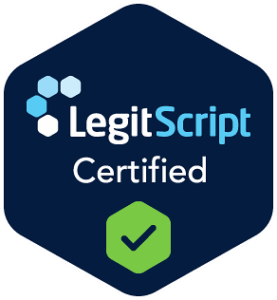
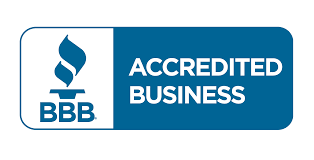


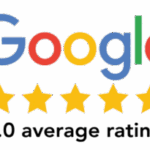

Hear directly from those who have walked the path to recovery. Our patients’ stories highlight the compassionate care, effective programs, and life-changing support they’ve experienced. Let their journeys inspire you as you take your first steps toward healing.